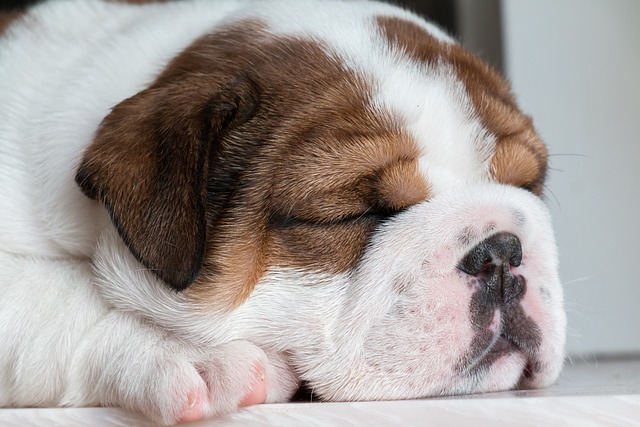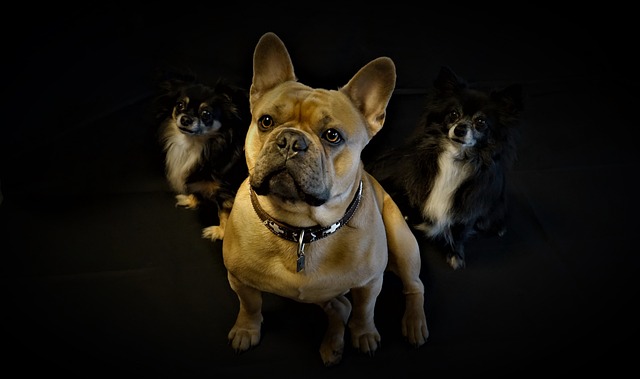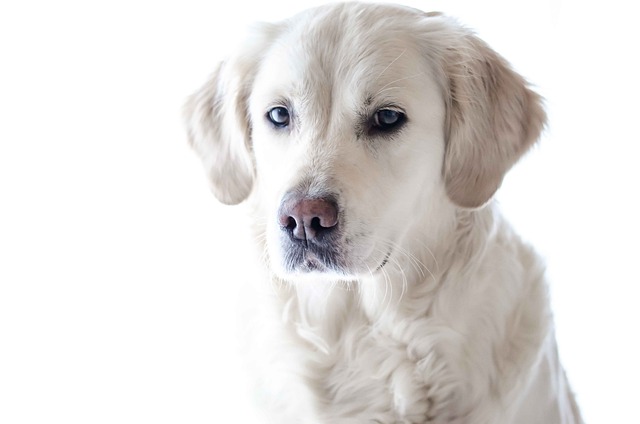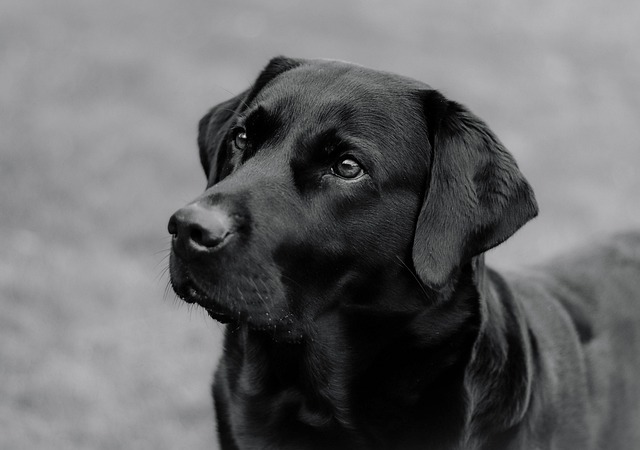Fluid buildup in a dog’s stomach can turn a playful afternoon into a worrying one, with signs like bloating, restlessness, or reluctance to lie down. It’s not just uncomfortable—left unaddressed, it can press on vital organs, making it hard for them to breathe or digest food. Knowing when to act, and how, can make all the difference for your pup’s comfort and safety.
First, recognize the red flags. If your dog’s belly feels tight and swollen, or they’re retching without bringing anything up, these could signal more serious issues like gastric dilation-volvulus (GDV), a life-threatening condition where the stomach twists. In such cases, don’t wait—head to the vet immediately. GDV requires emergency surgery, and delays can be fatal, especially in deep-chested breeds like Great Danes or German Shepherds, which are more prone to it.
 For milder cases, like fluid from overeating or drinking too fast, gentle home care might help. Try offering small sips of water instead of letting them gulp a bowlful—rapid drinking can worsen bloating. A short, slow walk around the block (avoiding strenuous activity) can stimulate their digestive system, encouraging the body to process excess fluid naturally. Just keep the pace calm; rushing them could cause discomfort.
For milder cases, like fluid from overeating or drinking too fast, gentle home care might help. Try offering small sips of water instead of letting them gulp a bowlful—rapid drinking can worsen bloating. A short, slow walk around the block (avoiding strenuous activity) can stimulate their digestive system, encouraging the body to process excess fluid naturally. Just keep the pace calm; rushing them could cause discomfort.
Always stay in line with local veterinary guidelines, which vary by region but universally stress that home remedies aren’t a substitute for professional care. In many European countries, for example, it’s illegal to administer certain medications to animals without a vet’s prescription, even if you think they’ll help with fluid buildup. Over-the-counter drugs meant for humans, like antacids, can be toxic to dogs, so skip the kitchen cabinet and pick up the phone instead.
Prevention goes a long way, too. Feed your dog smaller, more frequent meals instead of one large portion—this reduces the chance of their stomach stretching too much. Avoid exercise right after eating, as running or jumping can disrupt digestion and trap fluid. And keep an eye on their water intake during hot weather; while hydration is key, guzzling water after play can lead to sloshing, uncomfortable buildup.
When in doubt, trust your gut—and your vet. Even if the symptoms seem minor, a quick checkup can rule out underlying issues like infections or organ problems that might be causing the fluid retention. Your dog can’t tell you when something’s really wrong, but with attention to their behavior and a willingness to seek help, you’ll keep them feeling their best, whether it’s a simple case of overindulgence or something more serious.

 For milder cases, like fluid from overeating or drinking too fast, gentle home care might help. Try offering small sips of water instead of letting them gulp a bowlful—rapid drinking can worsen bloating. A short, slow walk around the block (avoiding strenuous activity) can stimulate their digestive system, encouraging the body to process excess fluid naturally. Just keep the pace calm; rushing them could cause discomfort.
For milder cases, like fluid from overeating or drinking too fast, gentle home care might help. Try offering small sips of water instead of letting them gulp a bowlful—rapid drinking can worsen bloating. A short, slow walk around the block (avoiding strenuous activity) can stimulate their digestive system, encouraging the body to process excess fluid naturally. Just keep the pace calm; rushing them could cause discomfort.



